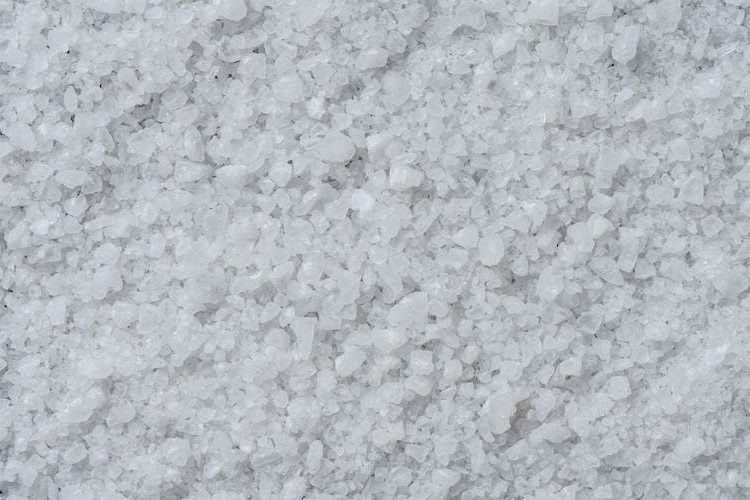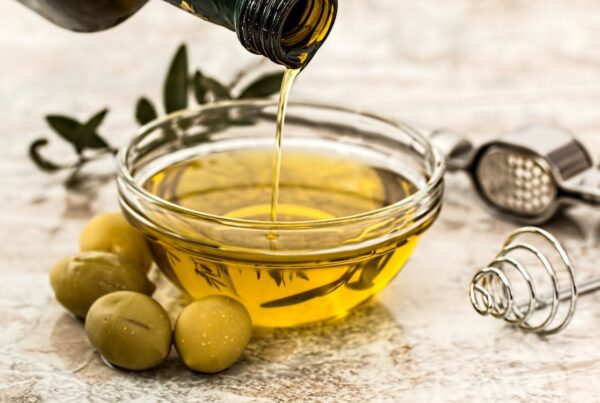You may have seen a Kosher symbol on the packaging of your favorite table salt or sea salt. Why would a mineral so basic to our diet need religious approval? The answer is rooted in Kosher dietary laws.
Kosher certification, known as Kashrut in Hebrew, is a set of dietary laws that dictate which foods are permissible in Jewish dietary tradition. If you keep the laws of Kosher, everything you eat needs to be Kosher. That’s why even the simplest foods like salt and water bear Kosher certification. This is true even when foods can generally can be considered Kosher compliant.
Kosher salt has a special place in Jewish history and food preparation, but first we should define “Kosher salt”, which is different from salt that has been certified Kosher. Kosher salt is different from table salt in several ways. It’s coarser and has a larger grain size. You’ll notice immediately that the crystals are not uniform like the granulated salt you find in most saltshakers. Kosher salt is also free of additives, such as anti-caking agents or iodine, that are often added to non-Kosher salt.
To clarify, you might find granulated table salt that has a Kosher certification symbol on it, stating that it meets the requirements to be considered Kosher, but it’s not “Kosher Salt”, which has a specific size and consistency which is desirable for curing meat, pickling and many other uses. With advances in food and palate, many salts can include other ingredients and flavors that require Kosher certification as well. Some salts can even be smoked or contain wine, ingredients that are very sensitive from a Kosher perspective.
The process for verifying that salt is produced and handled in accordance with Kosher dietary laws is like any other food. A Kosher certification agency sends trained Rabbis or Kosher inspectors to visit food production sites to ensure that Kosher certification standards are being followed. Food production sites, such as salt mines or salt refineries, must also undergo regular inspections and audits to ensure that they are maintaining Kosher certification standards.
As you may know, a prepared food (like bread for example) cannot be considered Kosher unless all the ingredients being used are Kosher as well, so the Kosher inspection and certification of salt is essential. Next time you see the Kosher certified symbol on your salt packaging, you’ll know that it’s more than just a marketing gimmick, it’s a symbol of adherence to Kosher dietary laws and a commitment to producing a high-quality product.






